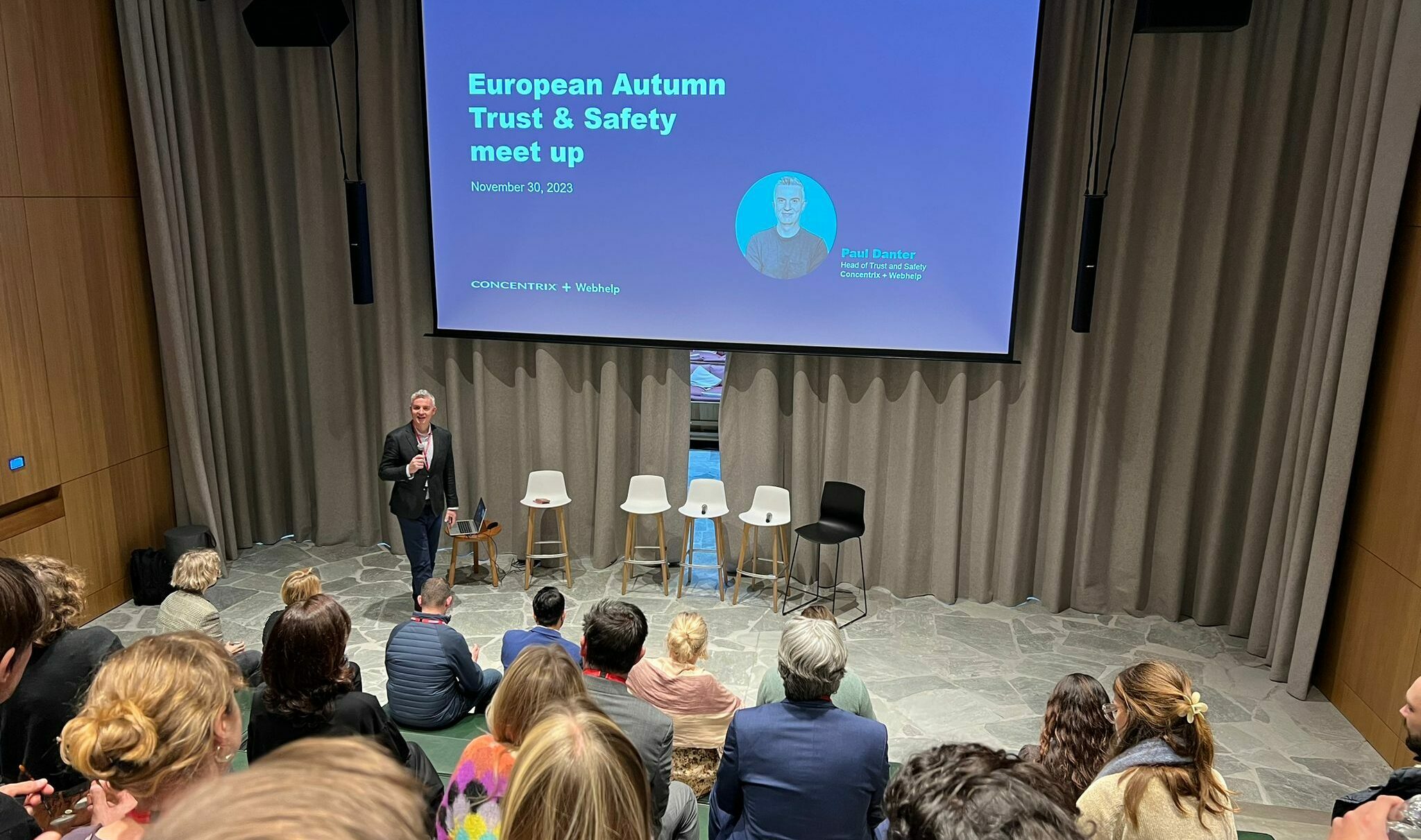Hot on the heels of publishing an API for Facebook messenger which allows brands to interact with customers via the platform, their latest announcement regarding chatbots at the F8 conference has far reaching implications for customer service departments.
Opening up Messenger as a platform was significant. Using this communication channel enables customer experiences such as these from KLM or Uber, where customers can contact brands using Messenger, and brands can then automate status update messages such as flight information or taxi delivery times etc.. but what does this new announcement give us?
“Bots” are becoming a hot topic; they offer the chance to automate specific conversations, reducing contact costs and customer effort while increasing responsiveness. We have all seen early attempts at this a few years ago with virtual agents which weren’t terribly clever, but now that type of technology is coming of age with 2nd and 3rd generation VA platforms offering compelling customer experiences. Critically the ability to integrate with self-service systems opens up a wealth of opportunities for brands to serve customers in a uniquely convenient way.
For me, all a ‘bot’ is, is a Virtual Agent that sits behind a messaging platform, so why is this so important? The impacts will be on contact channel strategy and could affect brands’ app strategy.
From a contact channel perspective, when it comes to communicating with brands, customers will want to use the messaging tools they use every day e.g. Facebook Messenger, SMS, WhatsApp etc.. For each customer this channel choice will be different and over time the number of messaging channels will increase. Messaging (multiple platforms) will need to become an inherent part of brands’ Omni channel strategy. What bots will do is offer the opportunity of automation to enable brands to handle the volume while serving customers quickly and efficiently. With bots all of the simple contact types can be efficiently and expertly handled.
From an app perspective things are changing. In a recent Telegraph article, a Gartner quote predicted that app usage will plateau. Other statistics show that apps have a half-life which can often be extremely short. This means that brands will have to work harder to keep their apps front of mind for customers. Adding digital contact features such as web chat as part of this push may help but brands need to bear in mind that doing this to the exclusion of messaging is not likely to work. Contacting brands via digital channels needs to be independent (but not exclusive) of the brand’s app.
Here’s what I think will happen next:
1. Facebook’s move will bring chatbot vendors to the fore, offering brands a selection to adopt
2. Chatbot vendors will adopt all messaging channels, based the popularity of each messaging platform
3. Bots used on messaging platforms and as Virtual Agents on web sites will be able to seamlessly hand off to a customer service advisor if they are unable to deal with the query
4. Other social or messaging platforms will open up APIs similar to Facebook (if they haven’t already) increasing the number of channels brands can use. This is a challenge and an opportunity for brands
5. Web chat vendors will implement chatbots by either partnering with bot vendors or acquiring bot start-ups. Those that don’t will be left behind
6. Brands who can expose existing self-service functionality (e.g. parcel track and trace) as internal Services/APIs will be able to innovate in digital customer service. By swiftly integrating with messaging and bots, customers will be able to conveniently help themselves using their favourite messaging app
7. Bots will be deployed for customer service on social media platforms such as twitter, but I can see it taking a while for brands to trust the bots before they do this. Don’t believe me? Just ask Microsoft….
8. Customer service organisations will need to develop a core competency in Text Analytics and Natural Language Processing (NLP) as all these new text based channels come on stream in addition to SMS, email, web chat and social media.
What do you think about the potential influence of bots? Do you have any predictions of your own? If so please leave a comment below.
Written by Simon Frank.

![[Fashion] Choosing the right partners to grow your business in 2024, at a time when trust is fragile](https://media.webhelp.com/wp-content/uploads/2023/12/21090253/Office-Showcase-2.png)


